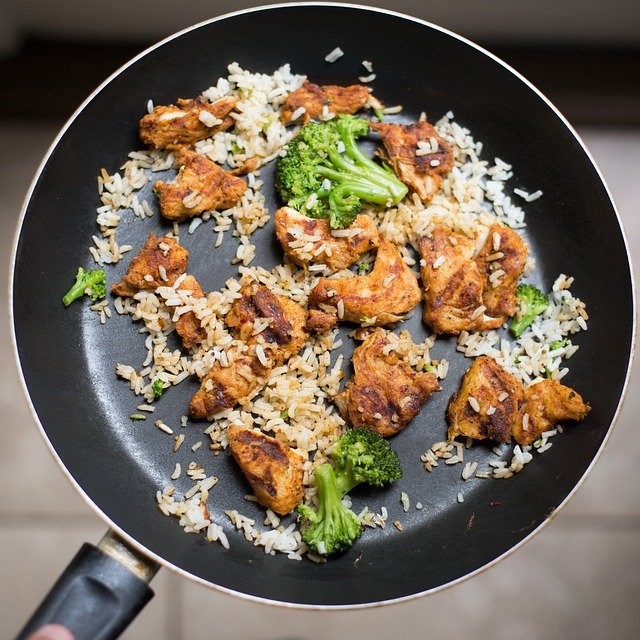
Leftovers cannot be avoided, especially when you cooked too much for an occasion at home. But, did you know leftovers can be a big help when it comes to your budget and time? Moreover, it also lets you fix food waste problems.
If you want to save money from buying or cooking food all the time, you can always keep your leftovers whenever you have one and store it as your next meal. However, although leftovers can be eaten, if you keep it for too long out of the fridge, it could be dangerous to your health. Thus, it is essential for you to know how long should you keep your leftovers stored and how you can keep it safe.
What are the types of leftover foods?
Not many people know that there are different types of leftover foods. Most of us just recognized leftover food in general, but it has its types. The lifespan of leftover food depends on various factors, such as how you store it, the kind of food you are storing, and how safe do you prepare it.
If you have leftovers of sauteed vegetables, the factor that affects its lifespan is how long you can keep them safely in the fridge. Since vegetables are more highly likely to gain pathogens such as bacteria and toxins, it will surely make your digestive system sick.
However, if you have a different mix of leftover foods, the general rule for this is to consume the dish that has ingredients spoils quickly. Here are some foods that are arranged from lowest risk to highest risk of spoilage.
Lower risk foods
Bread
Bread has a lower risk of food spoilage. A piece of the homemade loaf can last up to three days at room temperature. For store-bought pieces of bread, it can be safely eaten from 5 to 7 days. However, if you see mold on the bread and it is earlier than seven days, you can dispose of it right away. Moldy bread is not safe to eat and will even poison you.
However, if you store bread in the fridge, its shelf life will extend by 3-5 days. However, the quality of the bread will reduce the longer it stays in there.
Fruits and vegetables
When you properly and thoroughly wash fruits and vegetables in clean water before you cook it, you need to consume it the soonest you can. Properly cleaned and washed vegetable cuts can be kept for 3 to 5 days before it losses its freshness. But, if you cook these vegetables and store them in an airtight container, it can last up to 3 to 7 days in the fridge.
For vegetables like beans and legumes that are canned after cooking can last 7 to 10 days, as long as it is properly stored. Fruits and vegetables that have high water content such as strawberries, cucumbers, and tomatoes can lose their freshness faster than those fruits and vegetables that have less water content, such as potatoes and bananas.

Medium risk foods
Foods that have a medium risk to food spoilage are cooked pasta and barley. These foods will only take up to 3 days when it is properly stored. However, if you freeze them after you cook them, it can last up to 3 months before they lose their freshness. Typically, sweets and desserts can last up to 3-4 days in the fridge.
High-risk foods
Meat and poultry
The spoilage risk of meat and poultry depends on how it is cut and prepared. For cooked ground meat, it can last about 1-2 days in the fridge as long as they are stored below 41 degrees Fahrenheit. For other types of meat cuts such as steaks, chops, and roasted meat, it can last up to 4 days in the fridge. As for deli meat, when it is already opened, you need to consume if between 3 to 5 days after opening it. For cold salads that contain meat such as chicken salad, it should be consumed 3 to 5 days.
© copyright 2024 Food World News, a property of HNGN Inc. All rights reserved. Use of this website constitutes acceptance of our terms and conditions of use and privacy policy.









